Description
Pharmacological action
Antitumour agent. It is a non-steroidal inhibitor of aromatase – an enzyme, which is involved in the synthesis of estrogens in postmenopausal women. Aromatase promotes the conversion of androgens synthesised in the adrenal glands (primarily androstenedione and testosterone) into estrone and estradiol. Inhibition of aromatase activity is implemented by competitive binding to the subunit of this enzyme – heme of cytochrome P450, which leads to a decrease in the biosynthesis of estrogens in all tissues, including tissues of estrogen-dependent tumours.
Pharmacokinetics
Letrozole is rapidly and completely absorbed from the GI tract, the average bioavailability is approximately 99.9 %. Food intake insignificantly decreases the absorption rate. The mean time to reach Cmax of letrozole in blood is approximately 1 h when letrozole is taken on an empty stomach and 2 h when taken with food; the mean Cmax value is approximately 129 ± 20.3 nmol/L when taken on an empty stomach and approximately 98.7 ± 18.6 nmol/L when taken with food, but the degree of absorption of letrozole (when assessed by AUC) is not altered.
Binding of letrozole to plasma proteins is approximately 60% (mainly to albumin – 55%). The concentration of letrozole in erythrocytes is approximately 80% of that in plasma. The apparent Vd at equilibrium is approximately 1.87 ± 0.47 l/kg. The equilibrium concentration is reached within 2-6 weeks of daily administration of a daily dose of 2.5 mg. Pharmacokinetics are nonlinear. No cumulation has been noted with prolonged use. Letrozole is largely metabolised under the action of CYP3A4 and CYP2A6 isoenzymes to form pharmacologically inactive carbinol compound.
Excreted predominantly by the kidneys in the form of metabolites, to a lesser extent – through the intestine. T1/2 is approximately 48 h.

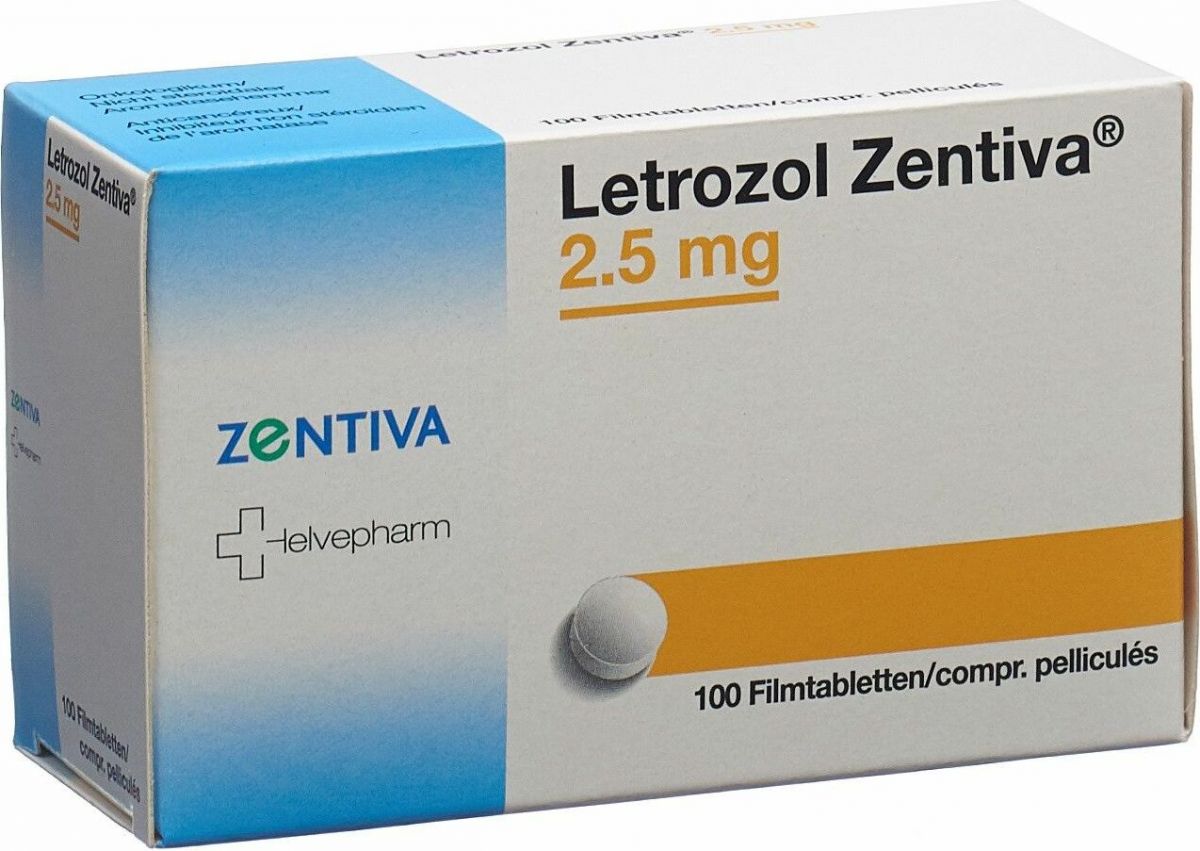
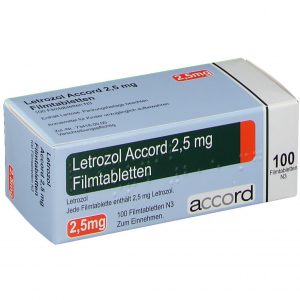
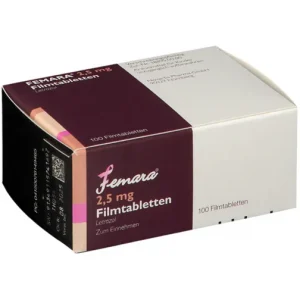
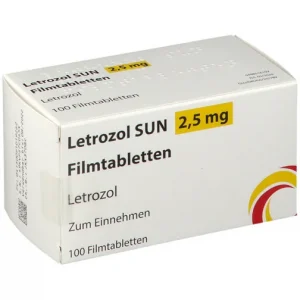
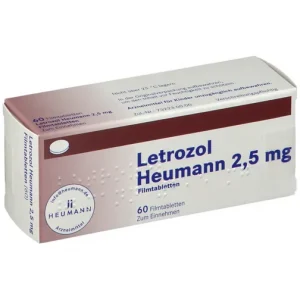
Reviews
There are no reviews yet.